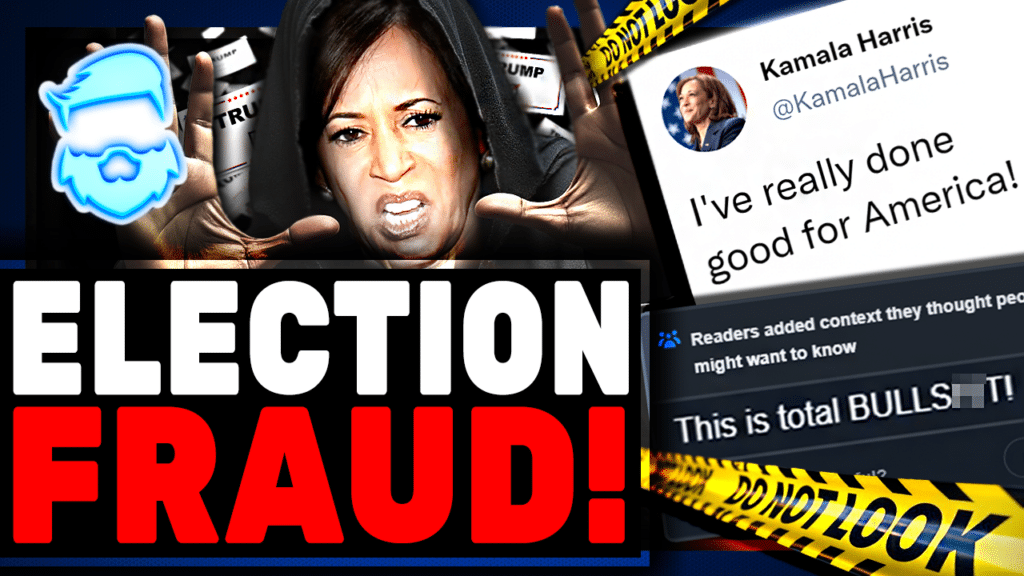It plays straight into the narrative Mr Trump himself perpetuates that he is a victim of a corrupt establishment. As he likes to say at his rallies, no political leader has ever been treated as badly as he has. In fact, the FBI search Mr Trump has called a “raid” is helping to solidify his campaign of grievances against the state.
Listening to the gist of what his supporters are saying, there is a specific point about government overreach in persecuting Mr Trump.
Marco Rubio, a Florida Republican senator and Trump critic-turned-acolyte, compared the FBI’s actions to “something we have seen many times from third world Marxist dictatorships”.
Kristi Noem, the South Dakota governor who has only ever been a staunch Trump fan, called it the political weaponisation of the FBI, which she said had “been after President Trump as a candidate, as president, and now as a former president”.
There is a mobilising effect to this theme. Again, as Mr Trump often says, if he is being persecuted, his supporters, by extension, are also under threat. He is their guy. It’s a sentiment I’ve heard repeatedly from Trump voters: “In going after him, they are going after us.”
Which gets us to the interesting question of how this FBI search changes the American political landscape.
First, it will no doubt galvanise Trump voters to turn out in November’s midterm elections. Pro-Trump Republicans are already using it as a way to raise campaign funds for Trump-endorsed candidates.
They clearly see the operation as a money spinner. It also forces Republicans who have previously voiced differences with the former president to rally around him.

















